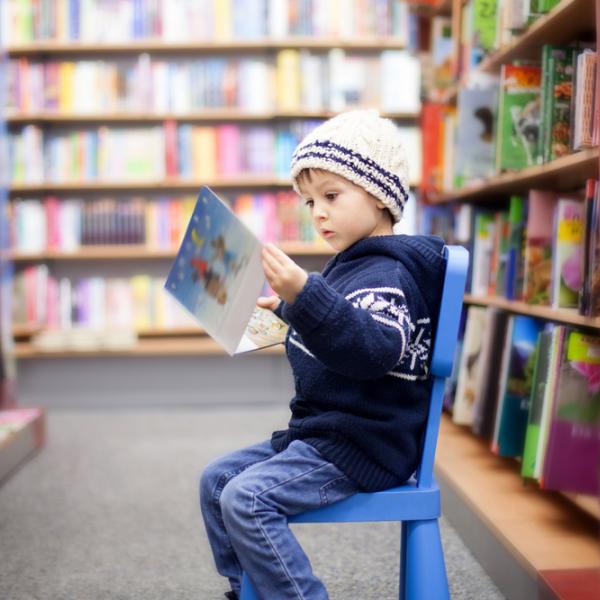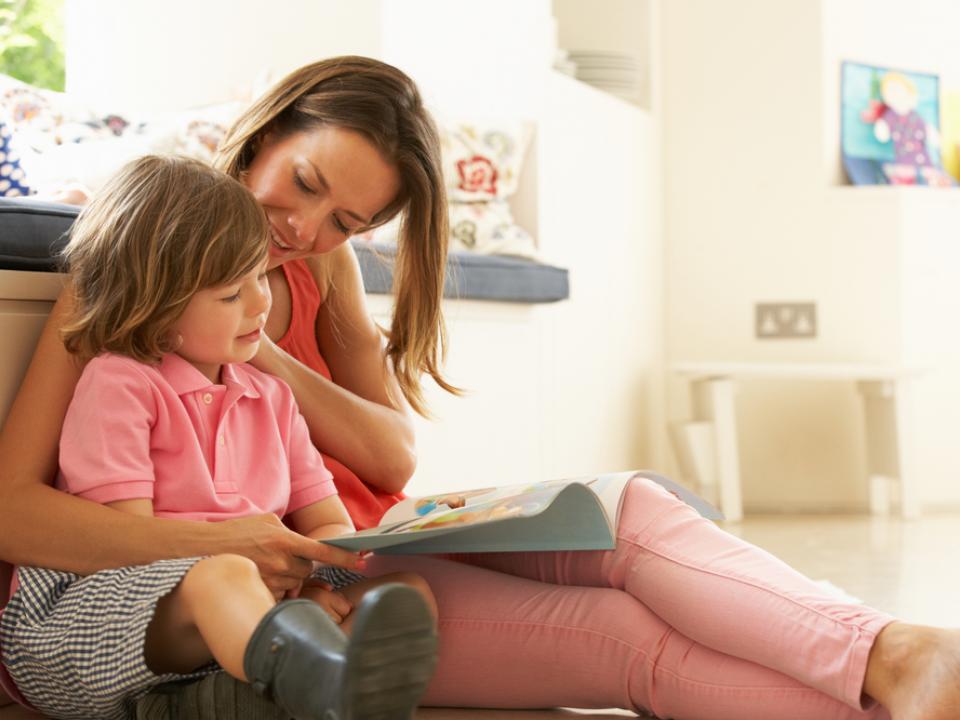Children's Book Titles Hold Key to Profit After Lockdown
Children’s magazines and books have proved particularly popular during lockdown, an opportunity for publishers to capitalise on this trend.

Children’s magazines and books have proved particularly popular during lockdown, with children’s educational titles up by 234% in the last week of March to the third highest level on record, as per data from Nielsen BookScan.
In the digital age, where so many children now have access to a screen of some kind, it’s good to see parents including traditional print publications to keep their little ones engaged and entertained.
This return to print could prove significant in children’s development. As per US research, which we highlighted in a previous blog, there is a clear link between reading books with a child in infancy and their vocabulary and reading skills by the time they go to school.
Spreading the joy of reading
If nothing else, the strange circumstances we all find ourselves in currently are giving us more quality time to spend with our children. For many time- and energy-poor parents, it’s a chance to indulge in some activities, like reading, which might usually be low down on the list of priorities.

Read the World Campaign
To help parents inspire a love of reading in their children, a number of wonderful campaigns, fronted by authors and celebrities, have commenced during the coronavirus pandemic.
On 2 April – International Children’s Book Day – the International Publishers Association, UNICEF and World Health Organization (WHO) launched the #ReadTheWorld campaign.
The virtual series features children’s authors reading excerpts of their books online for millions of children to enjoy.
American actresses Amy Adams and Jennifer Garner launched Save with Stories, an Instagram account where celebrities read children’s books aloud to raise money for charities Save the Children and No Kid Hungry.
Meanwhile Romper, the self-titled "digital destination for millennial moms," has created #OperationStorytime. The campaign has a constant stream of authors, illustrators and teachers reading books to children. This includes Scott’s Studio Storytime, where children’s author Scott Magoon reads and draws stories in front of viewers once a week.
Making the moment count
If parents are to make the moment count, however, it’s important that they read the right kind of books to their children – those that explain to kids how the world functions around them.
A new study published in the journal Frontiers in Psychology suggests that children may lean towards “causal discovery” in books because of its intrinsic rewards. Figuring out an explanation for how something works might lead to dopamine release, which is the brain's response to pleasure, said study author Margaret Shavlik, a doctoral student and research assistant at Vanderbilt University in Nashville, Tennessee.
"If children do prefer storybooks with causal explanations, adults might seek out more causally-rich books to read with children – which might in turn increase the child's motivation to read together, making it easier to foster early literacy," she added.
"If children do prefer storybooks with causal explanations, adults might seek out more causally-rich books to read with children – which might in turn increase the child's motivation to read together, making it easier to foster early literacy"
Publishers sense a moment, too
It’s not only parents who might see this as a great time to get kids turning pages. Publishers are sensing this could prove an optimum moment to launch new titles and ‘lock in’ new fans.
Egmont Publishing recently launched a kids title based on Channel 5′s multi-platform preschool brand Milkshake!, Kidscreen reports. Elsewhere, Aurora World is partnering with Media Service Zawada to launch a YooHoo magazine in the Polish market, while Acamar Films inked an agreement with Redan Publishing for a new monthly magazine for its Bing brand.
California toyco MGA Entertainment, meanwhile, teamed with Egmont to launch a Poopsie Slime Surprise magazine in October.
For these toycos and IP owners, magazines act as a way of giving children “more engagement with the brand”, providing backstories and a level of detail that aren’t always possible through their respective toys and TV shows.
Final word
As publishers attempt to capitalise on the surge in children’s reading, brought about by lockdown, with a flurry of new titles, they would be wise to build their stories and activities around “causal discovery”. And, as the lockdown campaigns we’ve highlighted show, it’s about finding a way to unite the digital world with print which will really help to ignite and sustain this newfound love of reading for many children.




